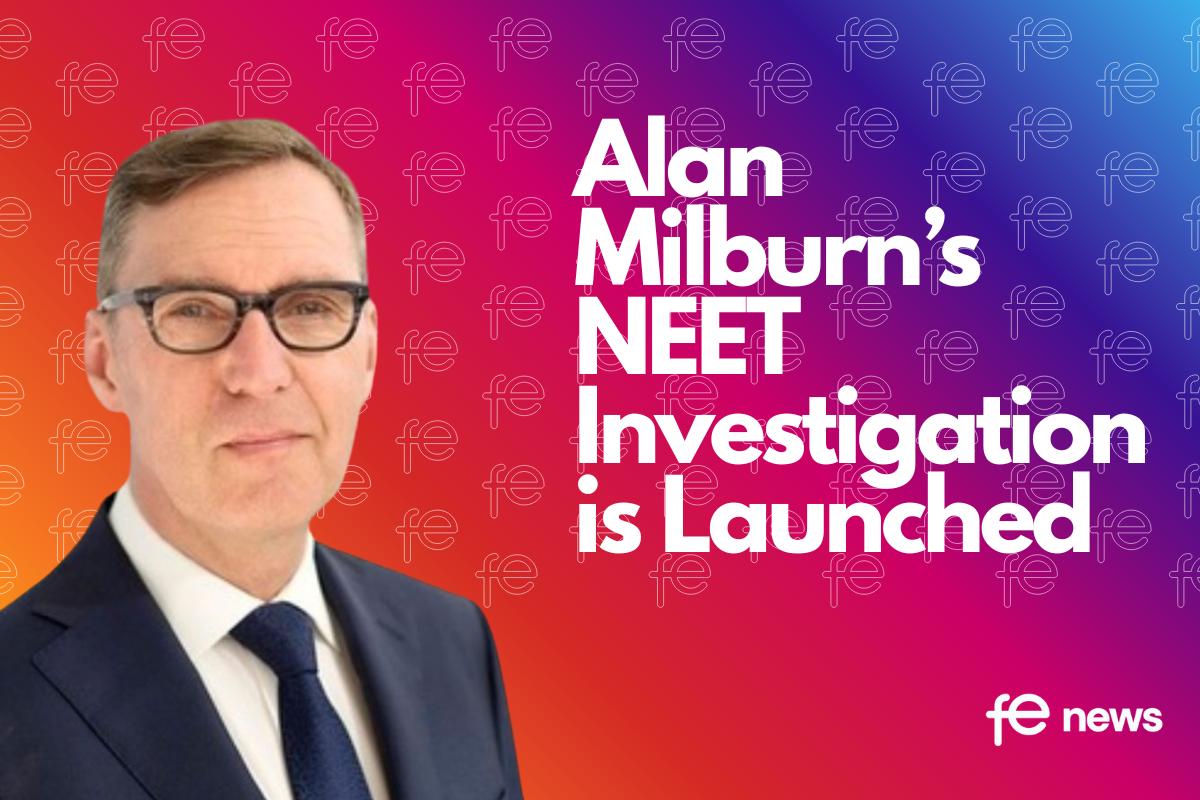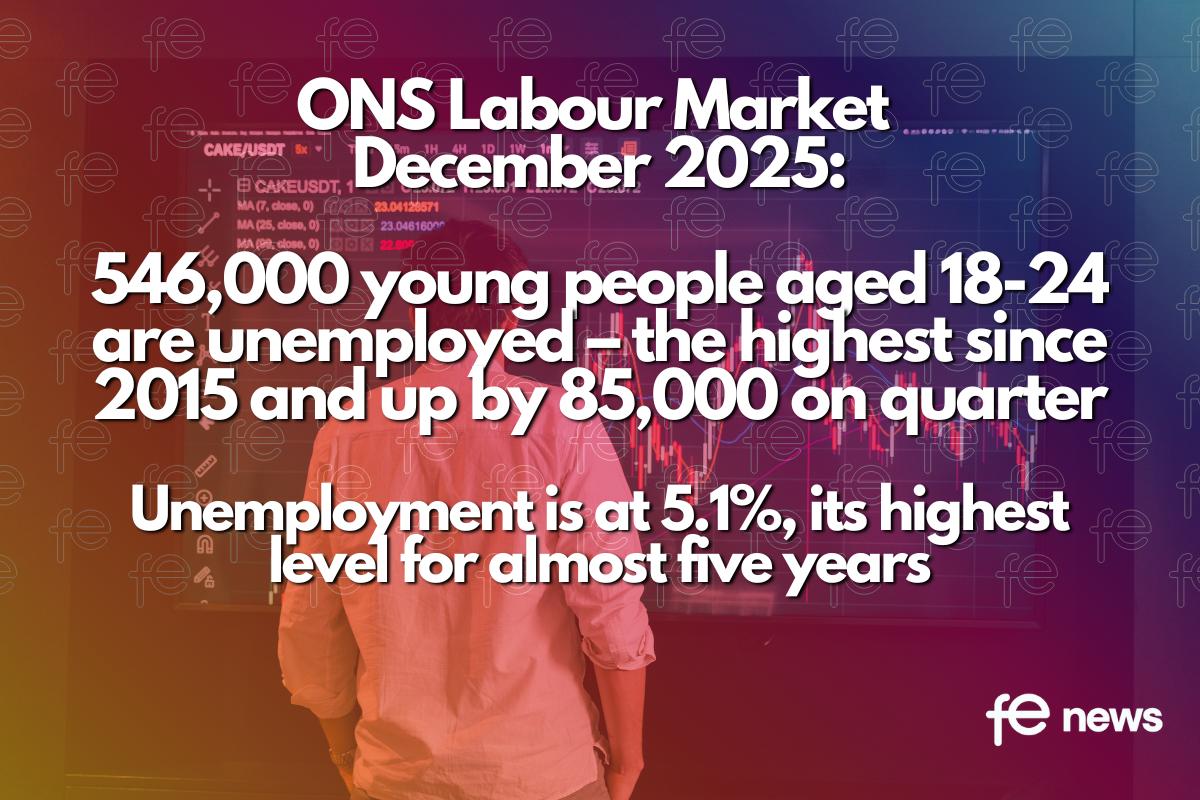Avoiding Fraudulent Qualifications – If it seems too good to be true, it probably is
Finding a legitimate online provider – Follow these tips when choosing a provider for an online qualification
I have recently heard so many stories of people gaining ‘certificates’ for online courses which were not valid. After some fantastic discussions on social media, I’ve put these tips together. Thank you to everyone who contributed.
When searching online for a provider, you will no doubt come across many courses for your chosen qualification.
Some of these will seem to be at a very cheap price – if it seems too good to be true, it probably is.
Do your research – don’t panic buy a course just because the website says it’s a limited time offer.
Taking a little bit of time to carry out the following checks now, might save you a lot of time in the future, particularly if the ‘qualification’ you eventually receive is fraudulent.
- For any provider you are considering signing up with, find out more about them, and what their price includes. For example; will you be working through online materials without any support, and without being registered with an awarding organisation (AO)? If so, it will be cheaper than other providers. However, if you want a qualification, it’s the AO who will issue your certificate, not the provider, so it’s worth asking for your registration number once you have signed up. Some online courses will charge extra for registration with an AO, and for ongoing support; assessment of your work; developmental feedback; observations (where necessary); and certification.
- Search online and compare prices across different providers – get an idea of an average price for your qualification.
- Ask the provider if there are any extra charges or if the price you see is the price you pay for everything (including registration and certification with an AO). A genuine provider will be happy to answer any questions that you have.
- Look carefully at the provider’s website. Do they state what you will get for your money? Do they have the logo of the AO on there? They will have an AO ‘centre number’ which they should be able to provide to you if they are legitimate. If so, you can check with the AO that they are an approved centre. Some courses only offer a record of achievement, which is not a certificate for a qualification – make sure you know what you are getting.
- You should be required to complete an initial assessment process to ensure you are on the right course, followed by an action plan with target dates. If not, this might be an indication that the provider just wants to get you signed up without considering your capability to achieve.
- Ask the provider how and when you will receive ongoing guidance and support.
- If the course includes an aspect of observed practice (e.g. a micro-teach session), find out if you must travel to a central location to deliver it, or if you can do it remotely by recording it for submission, or by being observed live online.
- Find out what timescale you have to complete the course in, and what will happen if circumstances mean you can’t meet any deadlines. Any legitimate provider will want to support you by extending the deadline if necessary.
- Can you communicate with the provider by talking to them on the telephone or via a face to face online call? If communication is only available via an online ‘chat’ then you don’t know who you are dealing with.
- Is the provider’s telephone number a landline number or just a mobile number? Is their address available on their website? Without an address, you can’t thoroughly check them out.
- Are there images of the people who work there (i.e. those who will train and assess you), with details of their experience and qualifications? If not, consider why they might not want this information to be in the public domain. Any legitimate provider will want to sing the praises of their staff.
- Check out the provider by carrying out an online search for their company name. You might find lots of positive things about them, or not. If it’s the latter, beware. If they are a limited company, check their details online at Companies House.
- Carry out an online search on review websites for past learners’ feedback (however, bear in mind that they might not all be genuine).
- Ask for feedback from people who have taken the course with the provider – either directly from the provider (if they are genuine they will be happy to provide this), or by asking in relevant social media groups such as LinkedIn and Facebook. Past learners, if they have received a good service, will always be happy to say so. Conversely, if they received a poor service they will not want others to go through what they have.
I hope the above will help you from being taken in by a fraudulent provider. It’s such a shame that these companies take advantage of people.
I’m happy to update, if anyone would like to add to the list – just get in touch.
Ann Gravells is an author, creator of teacher training resources and an education consultant

These tips are also available on my website. https://www.anngravells.com/tips-to-find-a-legitimate-online-provider











Responses